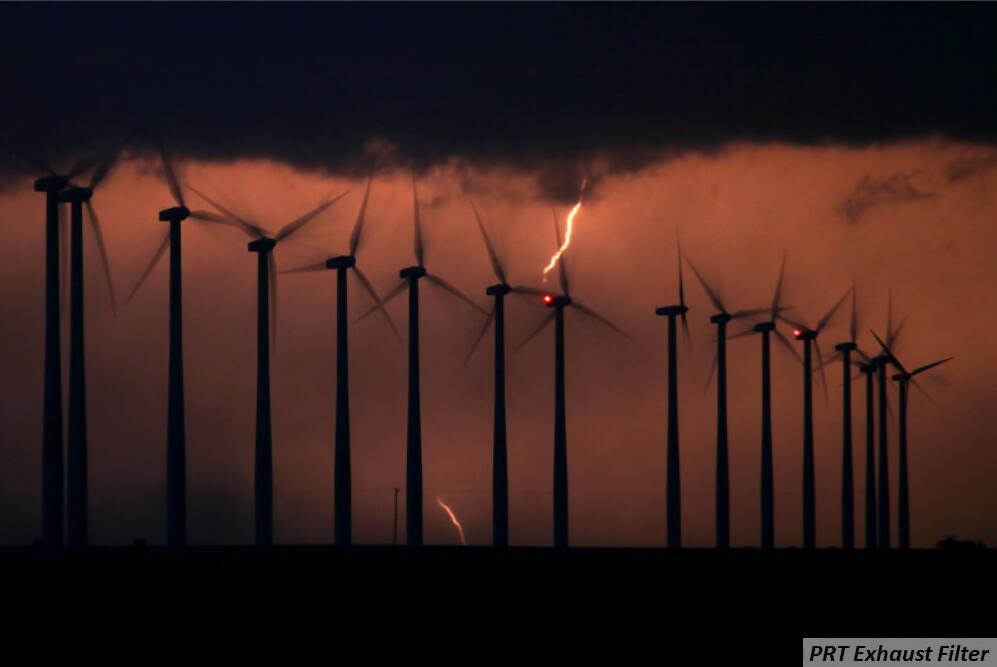Tackling the climate crisis will require the world’s largest ever peacetime investment. Historically low interest rates mean there has never been a better time to make it. Interest rates affect the entire economy, but are particularly important for renewables because the cost of borrowing has an outsized influence on their competitiveness. Fuel costs are essentially zero for green power — sun, wind and water are free. That means capital expenditure is the biggest component of the average cost of producing renewable electricity.
In other words, renewables costs tend to be front-loaded, requiring upfront borrowing, and they deliver savings over time. The same is true of many technologies we need to reduce global emissions. It costs more to build well-insulated houses, but less to run them. It is just the same for efficient appliances and electric vehicles.

Green technologies are becoming cheaper as they mature and reach scale. Coupled with ultra-low or negative long-term interest rates in developed economies, the cost advantage of renewables is startling. Portugal recently ran an auction for industrial-scale solar that settled at $17 per MWh. That is clean power at a third of the cost of its fossil-fuel equivalent.
So why has investment in renewables not grown anywhere near the pace required to achieve the Paris agreement — which focused on an international pledge to keep global warming well below 2C above pre-industrial levels — as the UN’s recent Emissions Gap report makes plain?
The answer is partly that cheap money has kept debt-laden oil and gas producers on life support. According to McKinsey, free cash flow per barrel of oil from US independent producers has been negative for the past eight years. Taking on more debt has so far masked the problem, but this cannot go on forever.
As alarm mounts over missed emissions targets, the focus on divestment is starting to be replaced by recognition of the need to invest positively. Yes, that is due to sustainability concerns, but it is also about tapping into what must become fast-growing parts of the global economy.
According to the UN, yearly spending of $2.4tn to 2035 is required to keep global temperature rises to safe levels. Governments have a role to play, but the main channel of funding will have to be from the capital markets, both public and private.
The energy transition will entail far-reaching changes not only to the energy system itself, but to transport, manufacturing, construction, agriculture and much else besides. This will require capital expenditure and innovation by companies across industries engaged in everything from extracting raw materials to providing software and services.
For investors the opportunities are substantial, but so are the risks. We are already seeing that the energy transition will be disruptive, rendering individual companies, business models and even entire sectors obsolete. To take just one example, the automotive sector is in a scramble to reinvent itself, and it is far from clear which technologies and businesses will survive.
The trajectory of interest rates will be an important determinant of which businesses survive the energy transition and emerge dominant. Those that take advantage of the low-rate environment to lock in investment now can steal a march on their rivals that will be hard to overcome.
Contact: Amanda Wu
Phone: 18775376470
Tel: +8618775376470
Email: [email protected]
Add: No.26, Huangang Road, Konggang Industrial Park, Yubei District, Chongqing,China.